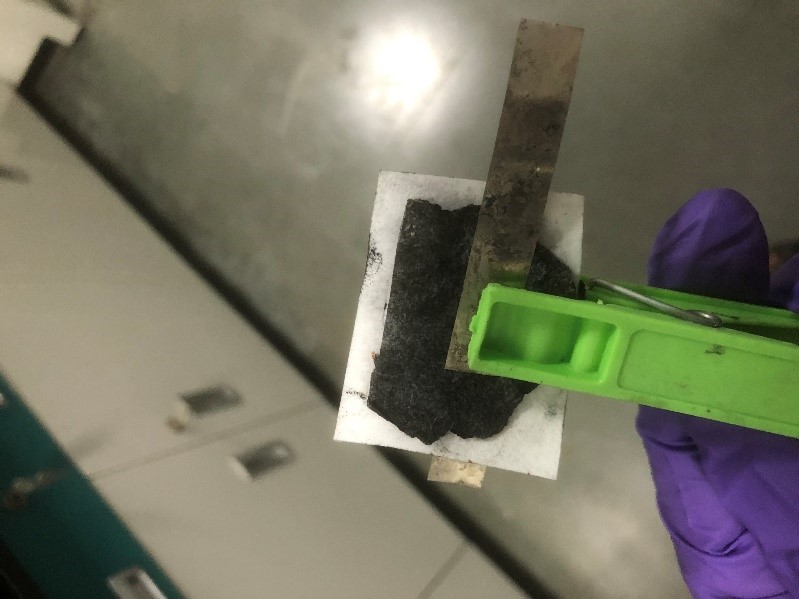Researchers at Gujarat Energy Research and Management Institute (GERMI) have developed a seaweed-based anode material to make a paper supercapacitor with excellent super capacitive behavior. This paper supercapacitor is fully biodegradable and is claimed to be the thinnest and fastest charging (can be fully charged within 10 seconds).
The paper supercapacitor uses rGO‑ZnO nanowire-deposited seaweed cellulose as the anode material and has a greater energy density of 5.21 Wh/kg and a series resistance of 2.16 Ω. It finds application in various energy storage domains including electric vehicles.
A supercapacitor is an electrochemical charge storage device with a fast charging/ discharging cycle, high power density, and a long lifecycle. It is an electrochemical double-layer capacitor that can fill up the gap between the capacitors and batteries for high energy density, though it has low energy density and appears difficult to replace the battery.
Lead researchers Priyank Bhutiya and Syed Zaheer Hassan extracted cellulose nanofibers from seaweed and grew rGO-ZnO nanowires over seaweed cellulose nanofibers by using a single-step hydrothermal method. Green seaweed Cheatomorpha antennia was collected from the Porbandar area of Gujarat.

Image: GERMI
The developed electrode is used in an asymmetrical supercapacitor by sandwiching NaCl electrolyte-soaked paper separator between the rGO-ZnO seaweed cellulose nanocomposite and activated charcoal powder slurry coated nickel foil.
“Dr. Brijesh Tripathi from Pandit Deendayal Energy University (PDEU) tested this device till 6,000 cycles for performance and observed the same performance in all cycles without any degradation. The device was tested using various analytical techniques,” said the researchers.
The research team also included Abdul Rasheed, P.L.S. Rao, and Rahul Kapadiya from GERMI.
The research work is published in BioNanoscience journal (a Springer publication) and patented.
This content is protected by copyright and may not be reused. If you want to cooperate with us and would like to reuse some of our content, please contact: editors@pv-magazine.com.









By submitting this form you agree to pv magazine using your data for the purposes of publishing your comment.
Your personal data will only be disclosed or otherwise transmitted to third parties for the purposes of spam filtering or if this is necessary for technical maintenance of the website. Any other transfer to third parties will not take place unless this is justified on the basis of applicable data protection regulations or if pv magazine is legally obliged to do so.
You may revoke this consent at any time with effect for the future, in which case your personal data will be deleted immediately. Otherwise, your data will be deleted if pv magazine has processed your request or the purpose of data storage is fulfilled.
Further information on data privacy can be found in our Data Protection Policy.